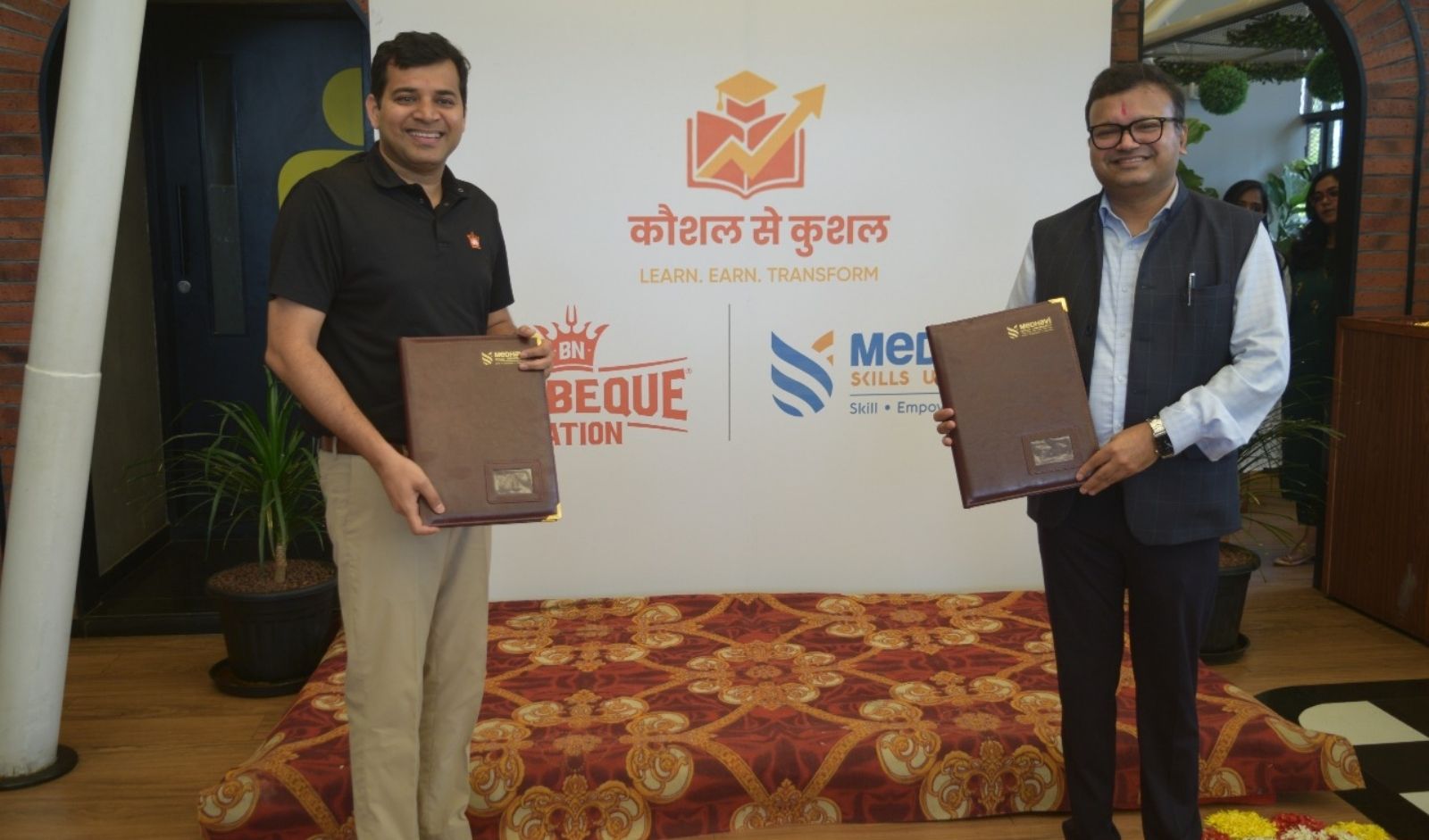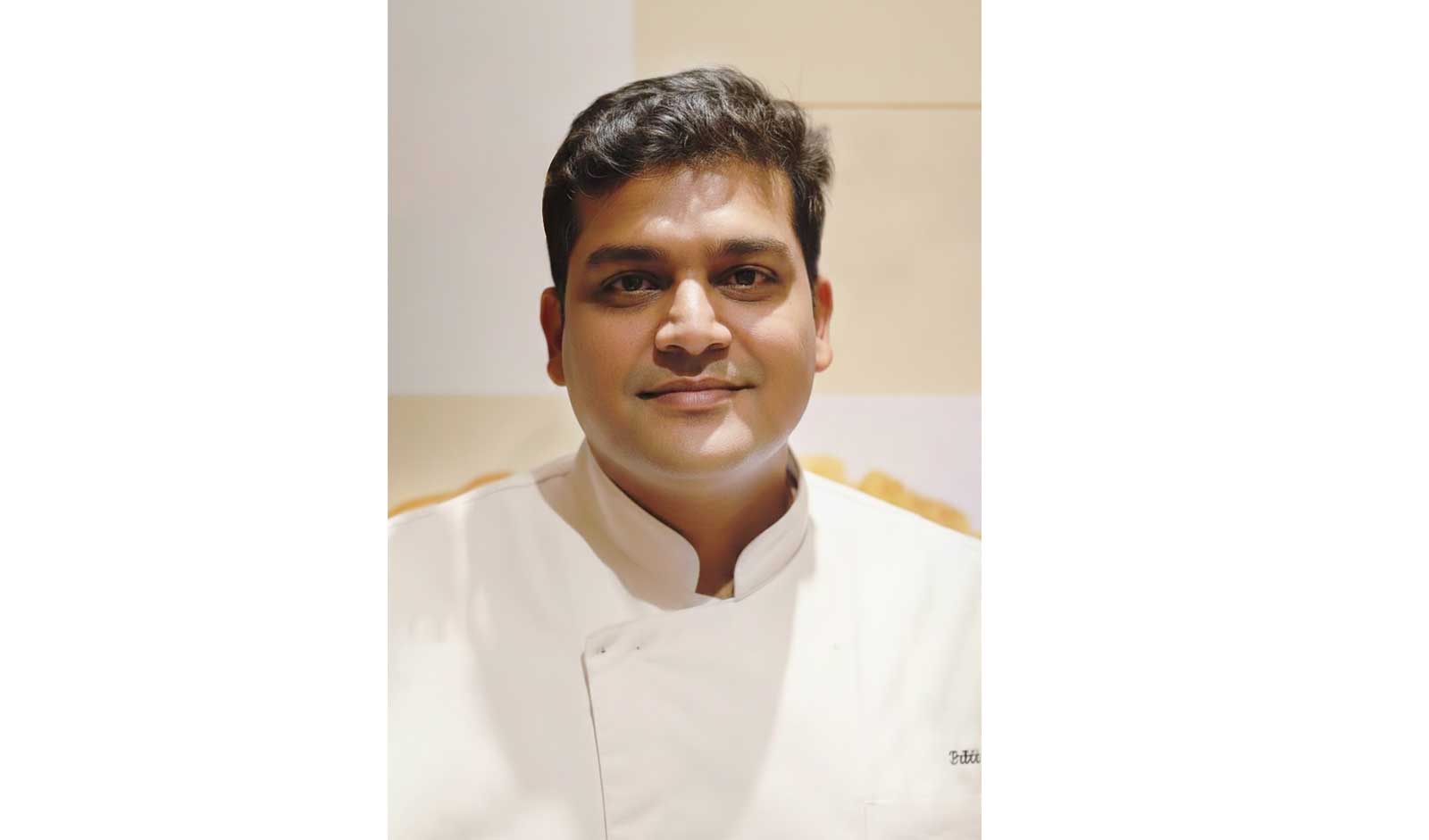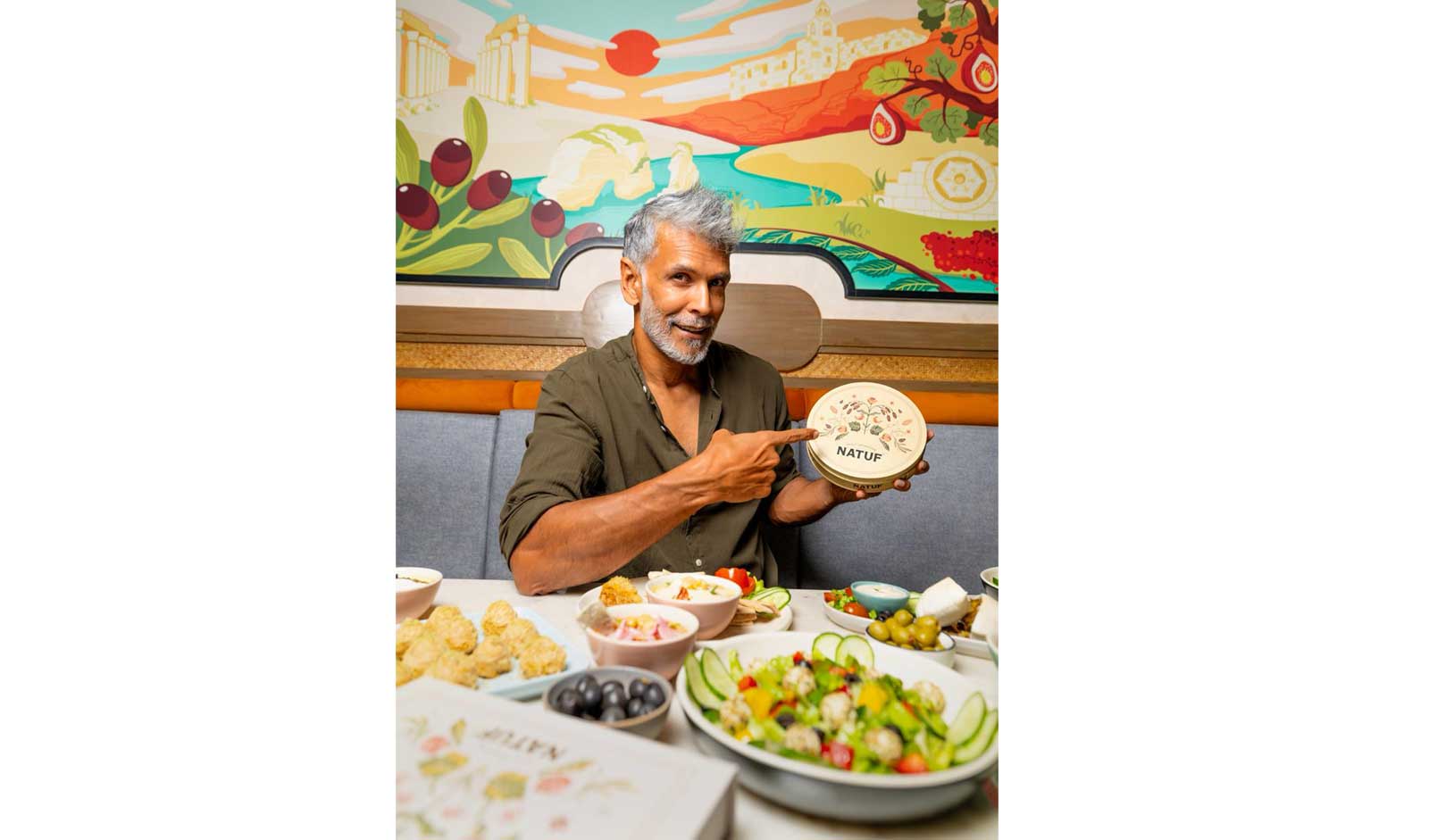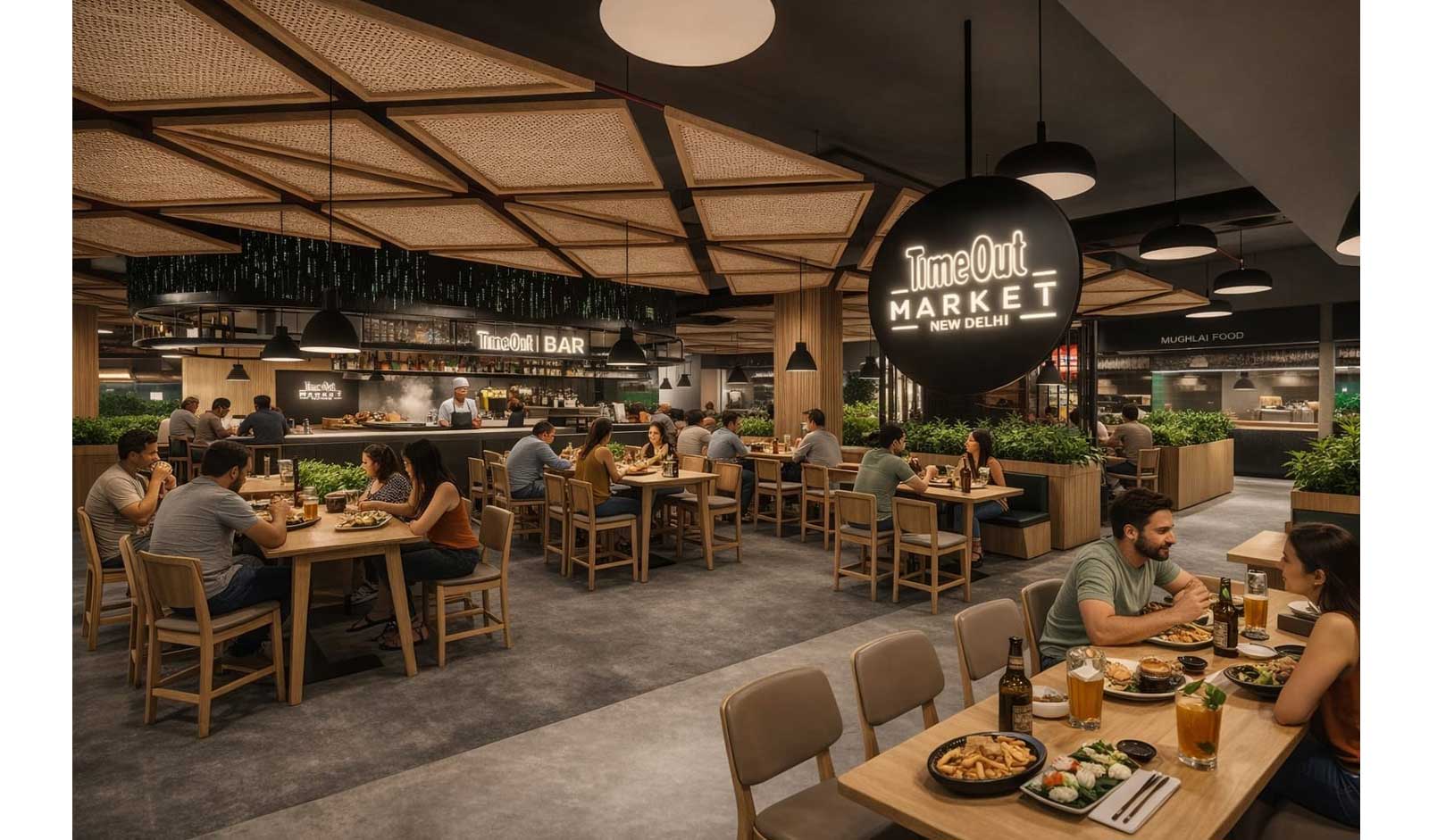
Medhavi Skills University (MSU), through its industry outreach arm Medhavi Aspire Pvt. Ltd. (MAPL), has partnered with Barbeque Nation to roll out a first-of-its-kind, industry-integrated hospitality education program in India. This collaboration aims to bridge the gap between academic learning and workplace skills by offering students the chance to “earn while they learn” in a live industry environment.
The partnership introduces two UGC-recognized, work-integrated courses: a three-year Bachelor of Vocation (B.Voc) in Hospitality & Restaurant Operations for students who have completed Class 12 or equivalent, and a two-year Diploma of Vocation (D.Voc) in Hospitality Operations for those who have completed Class 10. Both programs align with the National Education Policy (NEP) 2020, the National Credit Framework (NCrF), and the Academic Bank of Credits (ABC) framework, ensuring the credentials are portable and future-proof.
Set to begin in July 2025, the initiative will initially enroll 200 students, who will train at Barbeque Nation outlets across Bengaluru, Chennai, and Hyderabad, with plans to expand into additional cities. The programs are delivered in an apprenticeship-embedded format, with 60 percent of learning happening on the job and 40 percent through structured academic instruction provided by MSU.
The programs are also open to existing Barbeque Nation employees, enabling them to formalize their skills with recognized qualifications while continuing to work.
Pravesh Dudani, Founder & Chancellor, Medhavi Skills University, said, “We are delighted to partner with Barbeque Nation, a brand renowned for its people-centric culture and operational excellence. This collaboration brings skill-based education directly into the workplace, reinforcing our mission to build flexible, employment-linked learning pathways. It empowers individuals to earn academic qualifications while developing real-world capabilities that align with industry needs.”
Rahul Agrawal, Chief Executive Officer, Barbeque Nation, added, “At Barbeque Nation, we believe in nurturing talent and creating meaningful growth opportunities within the hospitality industry. Partnering with Medhavi Skills University allows us to contribute to workforce development by integrating structured learning into the workplace. This initiative not only builds a pipeline of skilled professionals but also enables our team members to improve and earn recognized qualifications while continuing to work.”
Students in the program will acquire practical experience in areas such as food and beverage service, kitchen operations, front office management, communication, and professional behavior. Upon graduation, they will receive a diploma or degree from MSU, with credits documented in the ABC system for future educational opportunities. Additionally, the partnership includes a first-right-of-hire clause, enhancing employment prospects for participants and reinforcing career continuity within the Barbeque Nation ecosystem.
This model of embedding structured education into real workplace tasks is designed to create a steady stream of job-ready hospitality professionals, addressing the industry’s demand for skilled talent while providing learners with meaningful career pathways.
Copyright © 2009 - 2026 Restaurant India.








